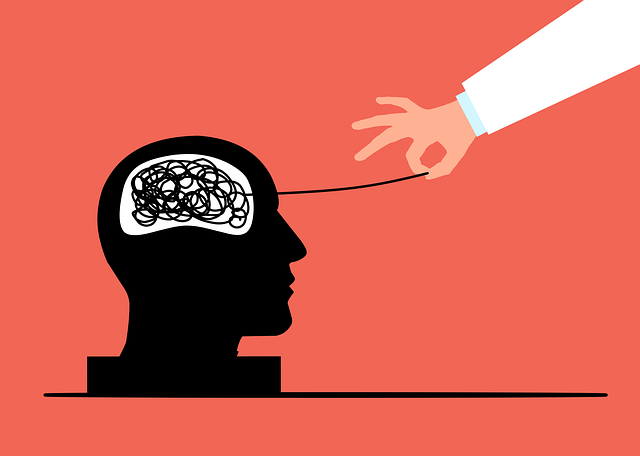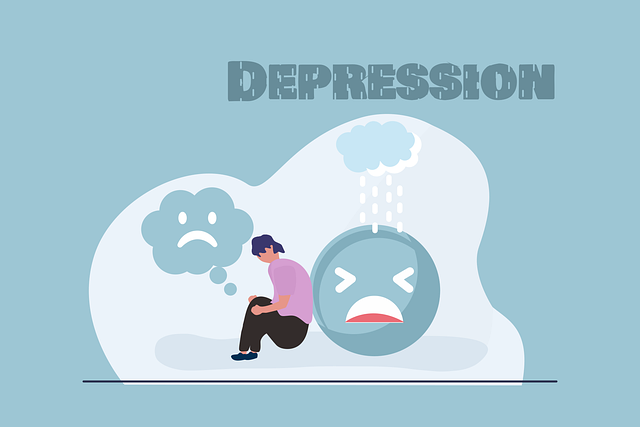In today's diverse society, cultural sensitivity is crucial in mental healthcare, especially for conditions like bipolar disorder. Westminster Bipolar Disorder Therapy (WBDT) offers a culturally sensitive approach, using tailored interventions such as Self-Care Routine Development, Community Outreach, and Stress Management Workshops to improve patient outcomes. This holistic method empowers patients to manage their condition effectively, fostering trust within the healthcare system. WBDT incorporates cultural competence through active listening, adaptation of therapeutic methods, diversity training, self-reflection, and evidence-based universal practices like mindfulness meditation.
Cultural sensitivity is a cornerstone of effective mental healthcare, ensuring equitable and compassionate treatment for all. This article explores this vital concept through three key sections. We begin by understanding cultural sensitivity in mental healthcare, including its importance in addressing diverse needs. A case study focusing on Westminster Bipolar Disorder Therapy illustrates best practices. Subsequently, we offer practical strategies for healthcare professionals aiming to deliver culturally competent care, emphasizing the impact of these approaches, particularly in managing conditions like bipolar disorder.
- Understanding Cultural Sensitivity in Mental Healthcare
- Westminster Bipolar Disorder Therapy: A Case Study
- Practical Strategies for Culturally Competent Practice
Understanding Cultural Sensitivity in Mental Healthcare

In the realm of mental healthcare, cultural sensitivity is a cornerstone of effective treatment. It involves recognizing and appreciating the diverse beliefs, values, and practices that shape individuals’ experiences of mental health and illness. This understanding is particularly crucial in a multicultural society like the one we live in today, where patients may have unique backgrounds and perspectives. For instance, what might be considered a sign of anxiety in one culture could be interpreted differently in another, highlighting the importance of cultural context in diagnosis and treatment planning.
By embracing cultural sensitivity, mental health professionals, including those offering Westminster Bipolar Disorder Therapy, can create a more inclusive and supportive environment for patients. This involves actively learning about different cultures, their traditions, and their approaches to well-being. Such knowledge equips healthcare providers with the skills to navigate complex ethical dilemmas, avoid unconscious biases, and deliver personalized care that respects individual autonomy while fostering trust. Moreover, it promotes empathy, which is a vital tool in burnout prevention strategies for healthcare providers, as it helps them connect with patients on a deeper level, enhancing therapeutic outcomes.
Westminster Bipolar Disorder Therapy: A Case Study

Westminster Bipolar Disorder Therapy (WBDT) is a prime example of how cultural sensitivity can transform mental healthcare practices. This innovative approach recognizes that effective treatment must consider the unique cultural backgrounds and experiences of individuals seeking help. By tailoring therapy to meet the specific needs of diverse populations, WBDT aims to improve patient outcomes and foster a sense of trust and belonging within the healthcare system.
The program incorporates elements such as Self-Care Routine Development for Better Mental Health, Community Outreach Program Implementation, and Stress Management Workshops Organization to address not just symptoms but also the broader social and cultural factors that can impact mental well-being. This holistic approach not only enhances the therapeutic process but also empowers individuals to take an active role in managing their bipolar disorder, contributing to improved overall mental health outcomes.
Practical Strategies for Culturally Competent Practice

Incorporating cultural sensitivity into mental healthcare practice is essential for providing effective treatment to a diverse range of patients. At organizations like Westminster Bipolar Disorder Therapy, professionals recognize that understanding a client’s cultural background and values can significantly impact their therapeutic journey. A culturally competent approach involves actively listening to clients’ experiences, beliefs, and preferences, and adapting therapeutic methods accordingly. This might include incorporating traditional healing practices or specific communication styles that resonate with the individual’s culture.
Practical strategies for culturally competent practice include participating in diversity training and workshops offered by organizations like the Stress Management Workshops Organization. Mental health professionals should also engage in ongoing self-reflection to identify potential biases and incorporate risk assessment tools that consider cultural factors, as highlighted in research on mental health professional training. Additionally, integrating practices such as mindfulness meditation, which has shown effectiveness across diverse populations, can create a safe and supportive therapeutic environment.
Cultural sensitivity is an indispensable aspect of mental healthcare, as evidenced by the successful Westminster Bipolar Disorder Therapy approach. By incorporating practical strategies that foster cultural competence, healthcare professionals can significantly enhance patient outcomes and experiences. Understanding and navigating diverse cultural contexts ensures that everyone receives personalized, effective treatment, ultimately promoting overall well-being in a truly inclusive manner.














